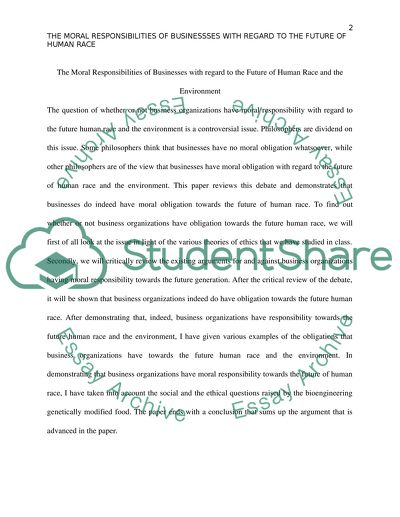Cite this document
(“The Moral Responsibilities of the Businesses Essay”, n.d.)
The Moral Responsibilities of the Businesses Essay. Retrieved from https://studentshare.org/philosophy/1669725-the-moral-responsibilities-of-the-business
The Moral Responsibilities of the Businesses Essay. Retrieved from https://studentshare.org/philosophy/1669725-the-moral-responsibilities-of-the-business
(The Moral Responsibilities of the Businesses Essay)
The Moral Responsibilities of the Businesses Essay. https://studentshare.org/philosophy/1669725-the-moral-responsibilities-of-the-business.
The Moral Responsibilities of the Businesses Essay. https://studentshare.org/philosophy/1669725-the-moral-responsibilities-of-the-business.
“The Moral Responsibilities of the Businesses Essay”, n.d. https://studentshare.org/philosophy/1669725-the-moral-responsibilities-of-the-business.


